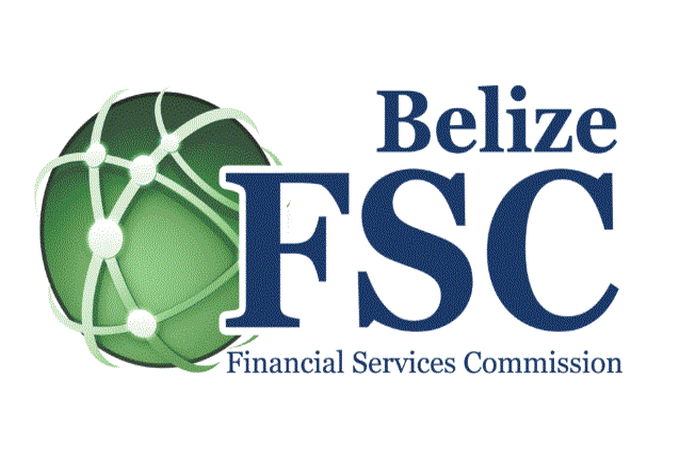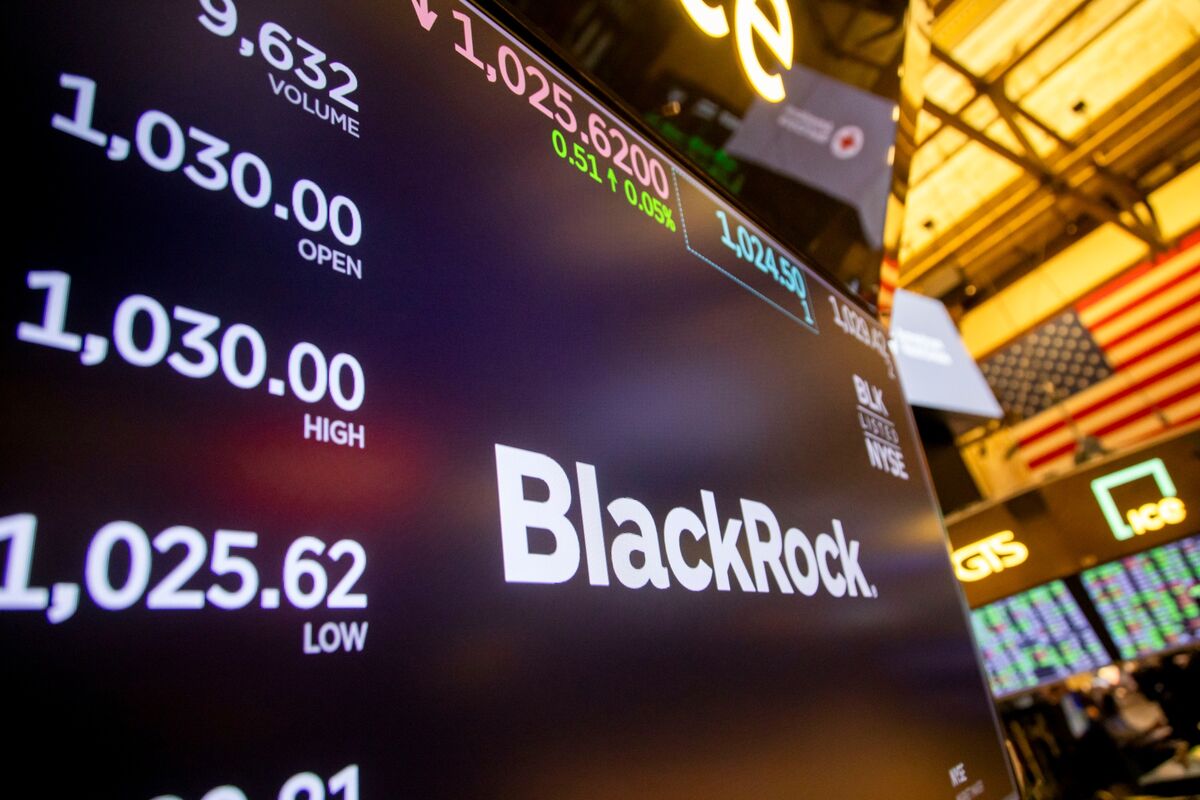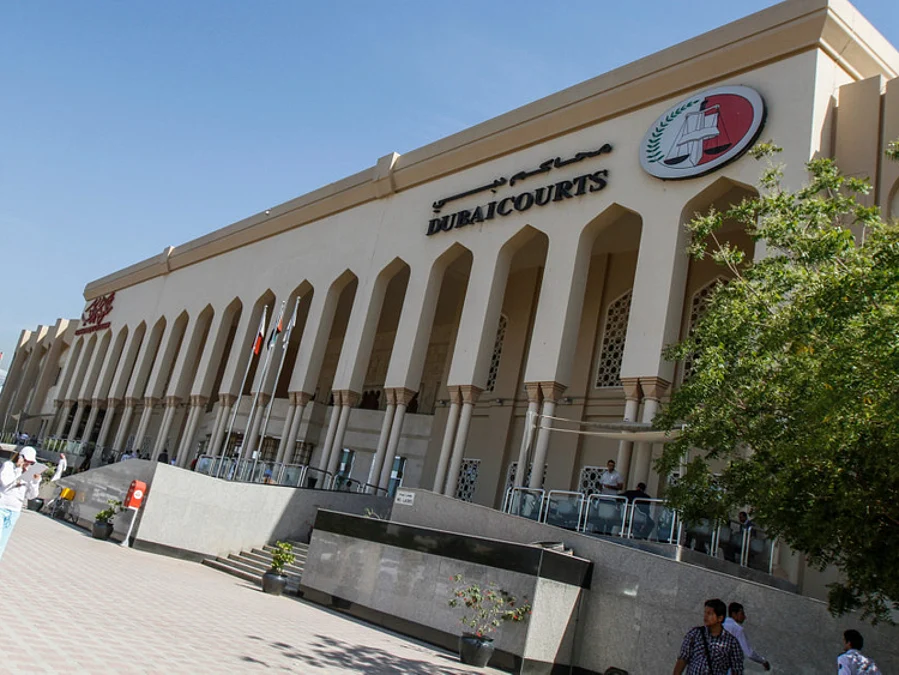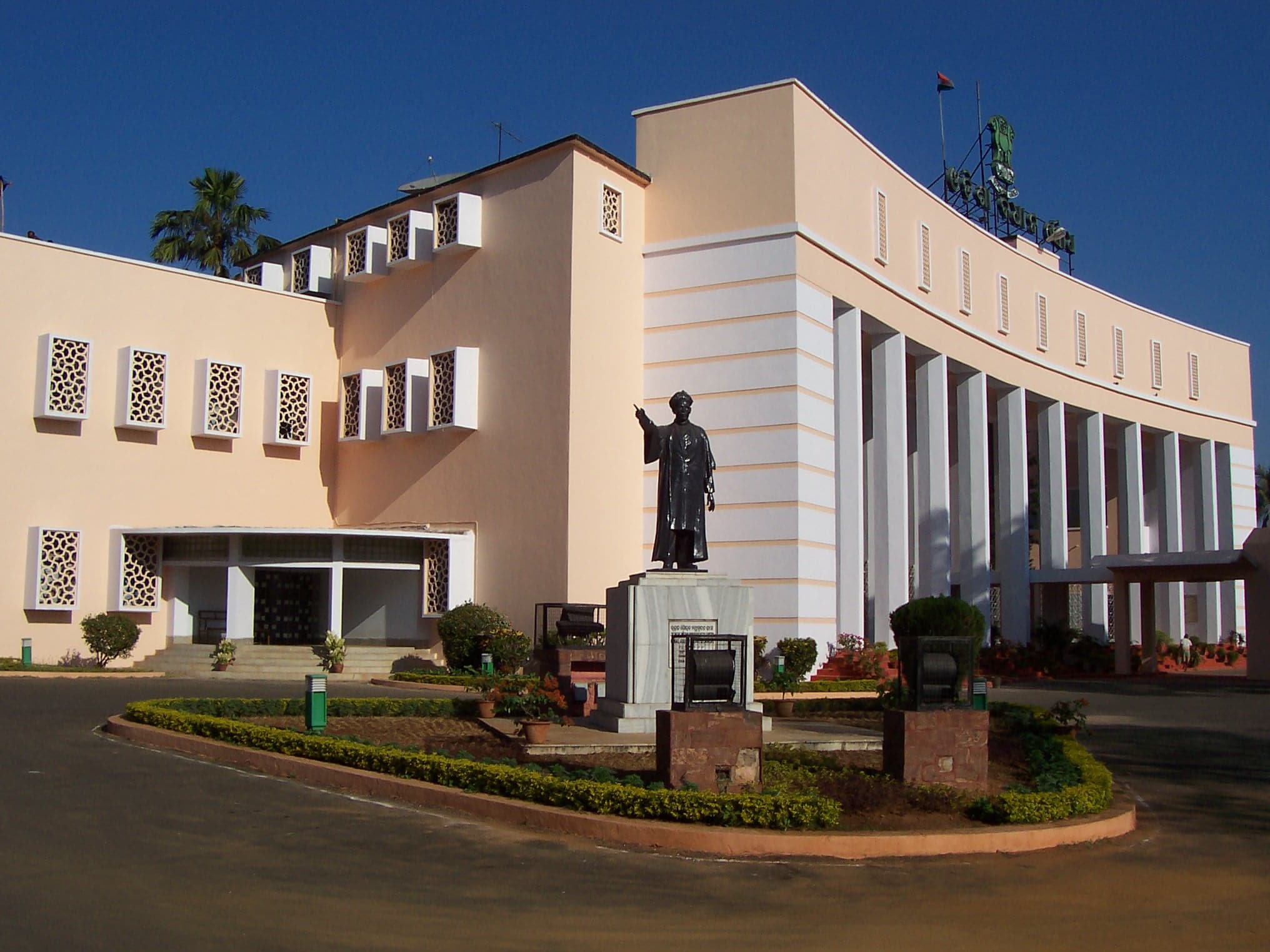By Sidhi Mittal
Copyright edie

This includes sites located in the Czech Republic, France, Germany, the Netherlands, Poland and the UK, which collectively produce about 900,000 tonnes of confectionery annually, including products under brands such as Snickers, Twix, M&M’s, Skittles and Orbit.
The company’s shift to renewable power in Europe follows nearly a decade of energy initiatives, beginning with its first regional wind farm in 2016.
Mars Snacking has since transitioned its European confectionery operations toward renewable energy and has purchased Guarantees of Origin (GO) certificates for renewable electricity and biomethane equivalent to the amount of electricity and natural gas used in these operations.
These certificates confirm that the same amount of renewable energy has been generated, even if some factories remain physically connected to conventional power grids or gas networks.
For biomethane, Mars requires suppliers to comply with international standards such as the International Sustainability & Carbon Certification (ISCC) and the 2BSvs voluntary scheme, which prevent land expansion for energy crops and require gas to be produced from waste feedstocks.
Mars Wrigley’s regional president Marc Carena said: “At Mars, we believe that the world we want tomorrow starts with how we do business today.
“Sustainability makes good business sense and is at the heart of our strategy, and we are committed to making a meaningful difference, ensuring that today’s actions create lasting benefits for future generations.”
Mars’s €1bn investment plan
Mars recently set out plans to invest €1bn in its EU operations by 2026, building on €1.5bn spent over the past five years.
The investments will support facility modernisation, expanded production capacity, and measures to decarbonise its value chain.
Projects previously supported included the conversion of its ice cream factory in Steinbourg, France to fossil-fuel-free operations in 2022. In Lithuania, a pet nutrition site has introduced a renewable-powered pouch production line.
Looking to the future, a key upcoming initiative is a €250m upgrade at a chocolate plant in Janaszówek, Poland, which will increase capacity by 63% by 2027.
Value chain focus
Beyond manufacturing, Mars is also addressing agricultural emissions, including a $47m “Moo’ving Dairy Forward” programme aimed at cutting methane emissions in multiple EU member states such as the Netherlands.
Since 2015, the company reports it has reduced Scope 1 (direct), 2 (energy-related) and 3 (indirect) emissions by more than 16%, while overall business growth has risen by 69%.
Mars currently operates 24 factories in ten EU countries. Around 85% of the project it sells in the EU are produced locally, with exports reaching more than 100 markets. Its long-term climate target is net-zero emissions across its value chain by 2050.



